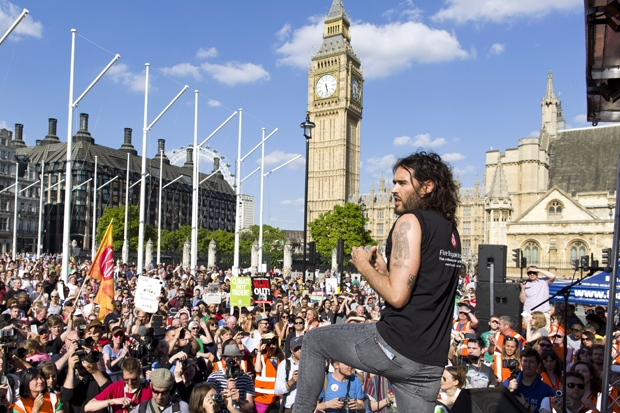I’m often asked by other free school proposers what lessons I’ve learnt over the past five years. Any pearls of wisdom I can pass on so they don’t make the same mistakes?
My standard response is to reel off a checklist of things I would have done differently if I’d known then what I know now. To take just one example, we probably wouldn’t have introduced a ‘no packed lunch’ rule if we’d known that we’d have to provide all our four-to-seven-year-olds with free school meals. But the biggest lesson is one I daren’t share, which is that trying to give children a better education than the neighbouring local authority schools, with no additional funding, is really, really difficult.
When I embarked on this crusade, I thought I’d just be able to sweep in, create a blueprint based on a traditional model, and sweep out again. Opposition from the teaching unions, left-wing activists and the local authority? No problem — just bulldoze through. Keeping all the different stakeholders on side? A simple matter of being a good communicator. Dealing with contractors, planning consultants, environmental health officers, technical advisers and party-wall surveyors? To be honest, I wasn’t aware I’d have to do any of that, but if someone had pointed it out I would have taken it in my stride. I assumed that my goodness of heart and will of iron would be enough to overcome any obstacles.
In short, I suffered from the same naivety as most critics of the status quo — and when I hear people like Russell Brand and Nigel Farage railing against the political class, I recognise myself from five years ago. I’m not saying the Westminster elite is beyond criticism.









Comments
Join the debate for just £1 a month
Be part of the conversation with other Spectator readers by getting your first three months for £3.
UNLOCK ACCESS Just £1 a monthAlready a subscriber? Log in